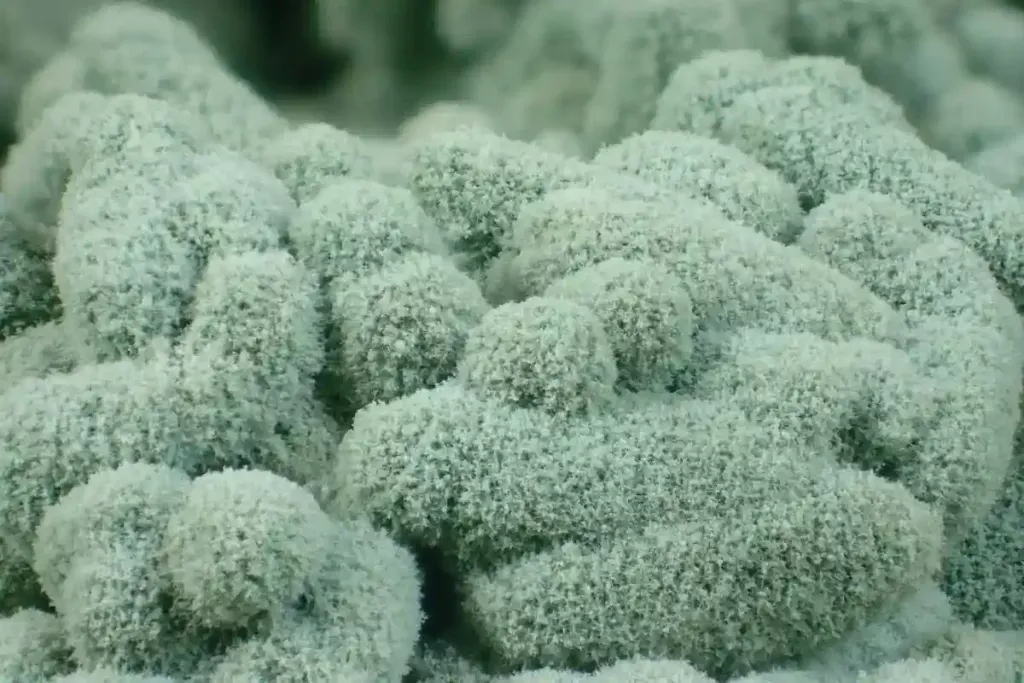Introduction:
- Trichoderma biofungicide has gained prominence in modern agriculture for its effectiveness in combating plant diseases while promoting sustainable crop production. Let’s explore the crops that benefit most from the application of biofungicide trichoderma.
Fruits and Vegetables:
- Fruits and vegetables are highly susceptible to fungal and bacterial diseases, making them ideal candidates for trichoderma biofungicide application.
- Crops such as tomatoes, cucumbers, peppers, strawberries, and grapes benefit from the biocontrol of diseases like powdery mildew, gray mold, and bacterial blight.
Field Crops:
- Field crops, including cereals, oilseeds, and legumes, are prone to soilborne pathogens and foliar diseases that can reduce yields and quality.
- Crops like wheat, corn, soybeans, and cotton can benefit from trichoderma biofungicide application to control diseases such as Fusarium wilt, root rot, and rust.
Ornamentals:
- Ornamental plants grown in nurseries, gardens, and landscaping projects are susceptible to various fungal and bacterial pathogens.
- The application of trichoderma biofungicide can protect flowers, shrubs, and ornamental trees such as roses, azaleas, camellias, and palms from diseases like damping-off, leaf spot, and root rot.
Greenhouse Crops:
- Greenhouse-grown crops are particularly vulnerable to fungal diseases due to the high humidity and confined environment.
- Crops such as lettuce, herbs, peppers, and cucumbers grown in greenhouses can benefit from the preventive and curative action of trichoderma biofungicide against diseases like Botrytis, Pythium, and Rhizoctonia.
Fruit Trees and Orchards:
- Apples, citrus fruits, stone fruits (peaches, plums, cherries), and pomegranates can benefit from trichoderma biofungicide application to control diseases like apple scab, citrus canker, brown rot, and anthracnose.
- Fruit trees and orchard crops are susceptible to a wide range of fungal diseases that can impact fruit quality and yield.
Herbs and Spices:
- Herbs and spices valued for their culinary and medicinal properties are vulnerable to fungal infections that can affect plant health and product quality.
- Crops such as basil, oregano, thyme, and ginger can be protected from diseases like damping-off, root rot, and powdery mildew with the use of trichoderma biofungicide.
Root Crops:
- Root crops such as potatoes, carrots, beets, and onions are susceptible to soilborne diseases that can cause significant yield losses.
- Trichoderma biofungicide can be applied during planting or incorporated into the soil to suppress diseases like potato early blight, damping-off, and onion white rot.
Grapes and Vineyards:
- Grapes cultivated in vineyards are prone to fungal diseases that can affect grape quality and wine production.
- Trichoderma biofungicide can be applied as a preventive measure or during critical growth stages to control diseases like downy mildew, powdery mildew, and Botrytis bunch rot in grapevines.
Turf and Lawn Grasses:
- So the Turfgrass and lawn grasses in residential, commercial, and recreational areas are susceptible to fungal diseases that can cause patchiness and decline.
- Apply Trichoderma biofungicide to turf and lawn areas to control diseases like dollar spot, brown patch, and snow mold, promoting healthy and lush green grass growth.
Conclusion:
- Trichoderma biofungicide recommends application across a wide range of crops, including fruits, vegetables, field crops, ornamentals, greenhouse crops, fruit trees, herbs, root crops, grapes, and turfgrass.
- Its preventive and curative action against fungal and bacterial diseases makes it a versatile and effective tool for sustainable disease management in agriculture, horticulture, and landscaping.
- By incorporating trichoderma biofungicide into crop protection programs, farmers, growers, and landscapers can enhance plant health, reduce chemical inputs, and promote environmental sustainability for a greener and more productive future





